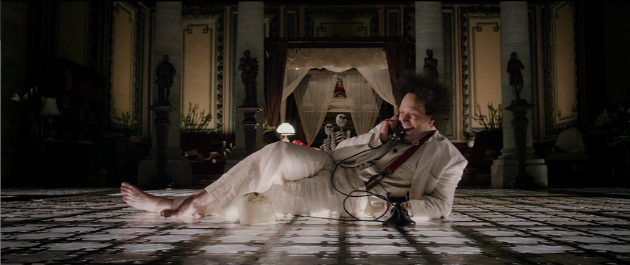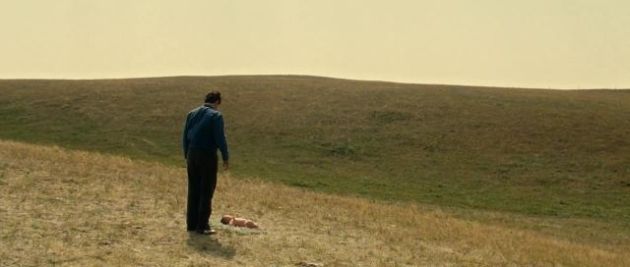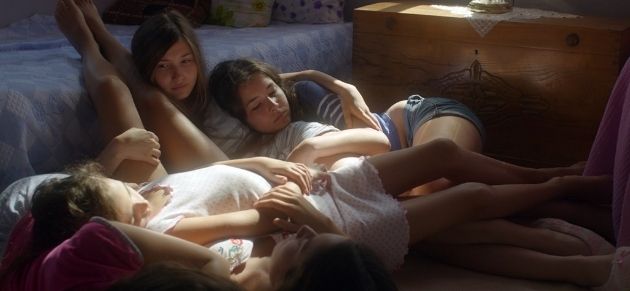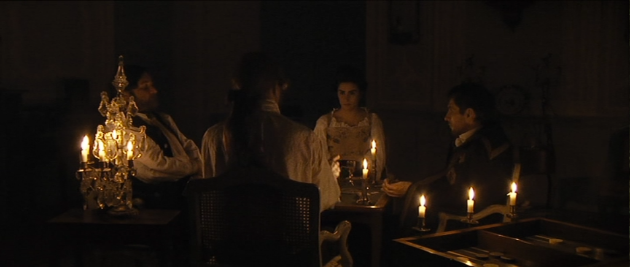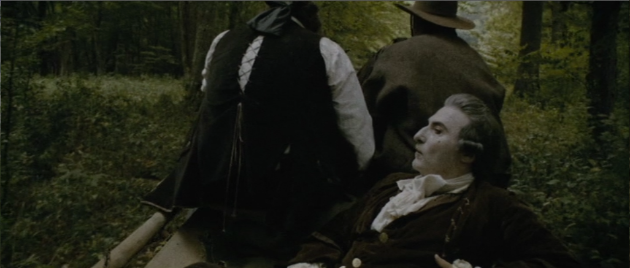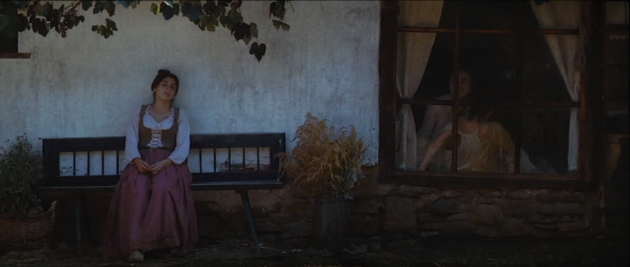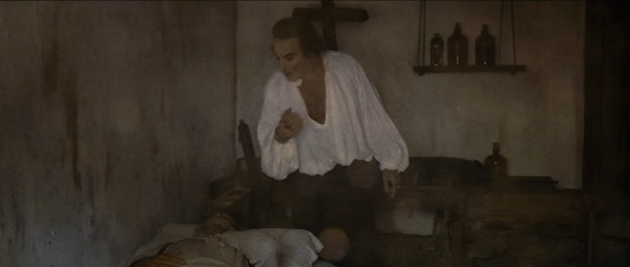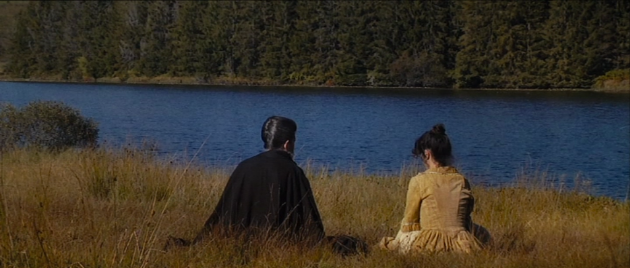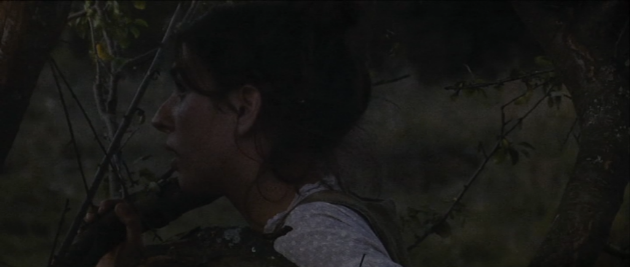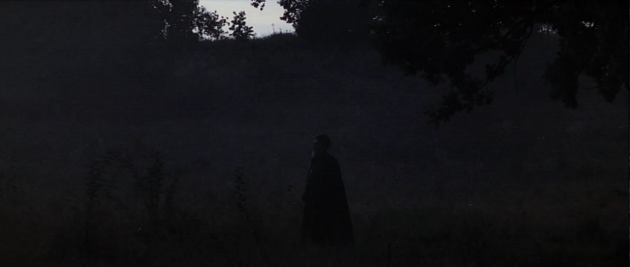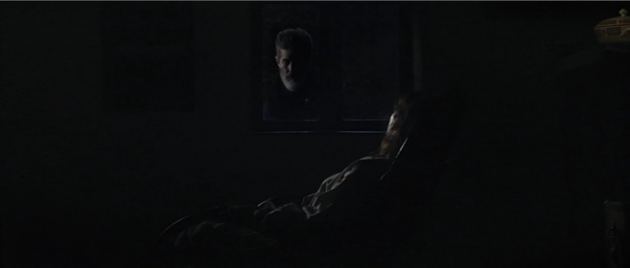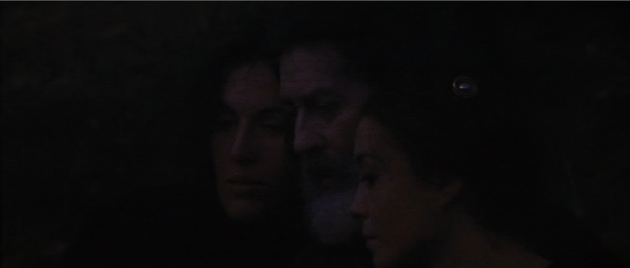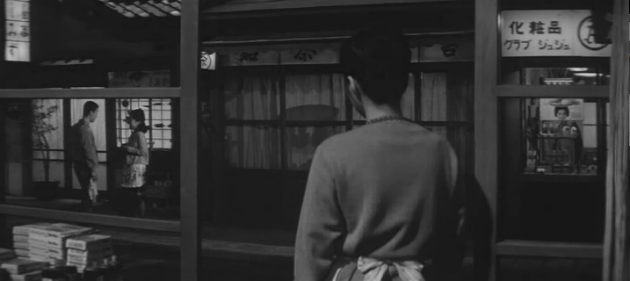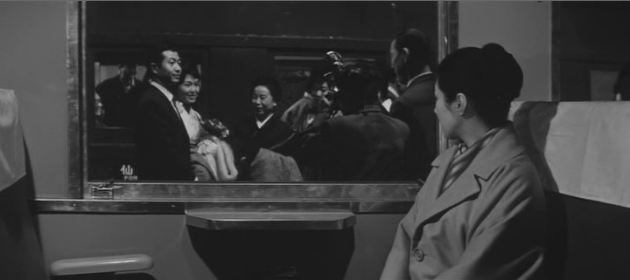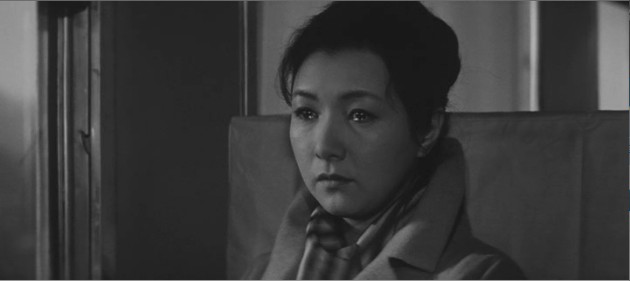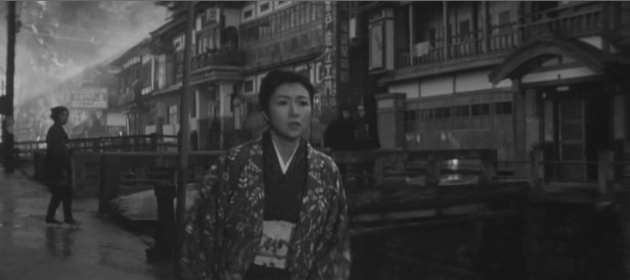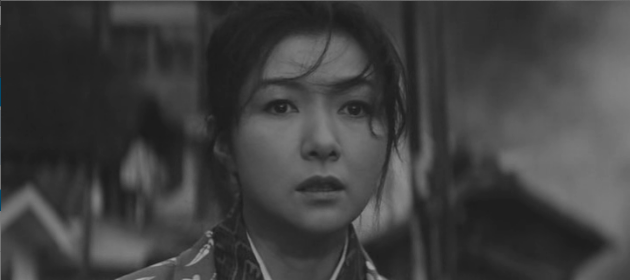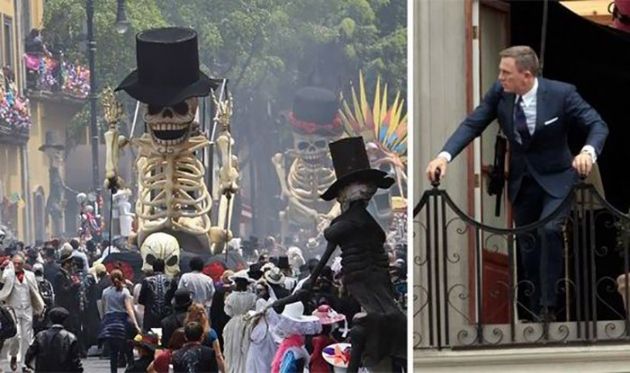
So everything in Daniel Craig's Bondiverse comes together to a close with this forth installment. And everythings lagging - script, visceral action sequences, a great villain, even a spectacular opening usually associated with this franchise. Sure, Day of the Dead celebration sequences in Mexico that opens up Spectre looks like a gazillion dollars (or more) but it lacks the energy. Beautiful settings in Rome, Austria, Tangier shot by Hoyte Van Hoytema (Let the Right One In, Her, Interstellar) wasted. They decided to make a character study out of Craig's Bond from its inception in Casino Royal. They knew that deeper they dig, the franchise is going to be short-lived. Unfortunately, this is the most lack-luster film of the series. It has that by-the-book kind of feeling and unbelievably stupid plotholes everywhere. Monica Bellucci is completely wasted, so as Christoph Weitz for the most part. Lea Seydoux is all right, but her part is not so (her name is Dr. Swann forgodssake). Bond doesn't seem to have any scruples banging the daughter of the man who tortured Vespar Lind whose death catapulted this whole supposed journey.
It's still an entertaining ride to a degree. Since they put an exclamation mark on Craig's Bond era, where do we go from here? The much publicized Black Bond (Idris Elba) taking the barton? Or female double o agent? Would it start with a clean slate, creating another alternate Bondiniverse? Craig had some beautiful moments with the well worn character struggling at being an outdated tool in a changing society (in Casino Royal and Skyfall). I wished their would be a plot line involving the Middle-east, reflecting the current mess we are in without inciting Hollywood's racist caricatures in the past. I mourn this chapter of the franchise.
